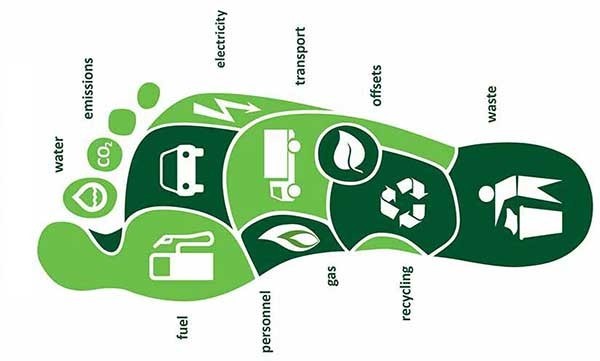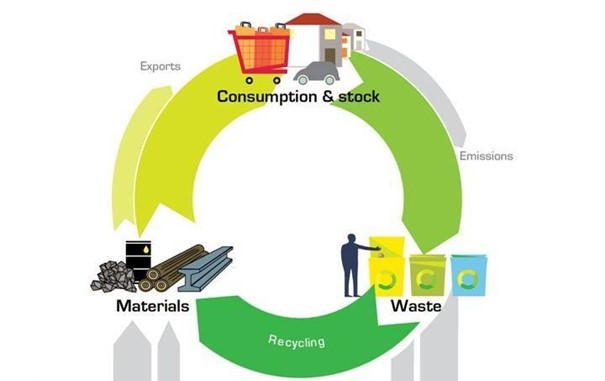- Expertise: Backed by years of experience in supply chain and now introducing sustainability practices to my portfolio, I have wide experience in Africa’s energy space procurement and logistics. I stay up to date with the latest industry trends and best that are vital for organisation to embed into their operations within and outside.
- Holistic Approach: I understand that sustainability is not a one-size-fits-all solution. That’s why I take a holistic approach, considering environmental, social, and economic factors to develop comprehensive sustainability strategies that align with business goals.
- Customized Solutions: Every business is different, and I recognize that. Whether you’re a small start-up or a multinational corporation, will work closely with you to understand challenges and goals, co-creating customized solutions that drive tangible results.
- Impact-driven Results: Our ultimate measure of success is the positive impact we help our clients achieve. From reducing carbon emissions and minimizing waste to fostering a culture of sustainability within your organization, we are dedicated to delivering measurable results that benefit both your business and the planet.
- Global View and Training
With ESG training and GRI Certification training I have vast knowledge of industry requirements and reporting requirements within recognized standards
Services offered
Environmental Impact Assessment (EIA)
Environmental Impact Assessment (EIA) is a vital tool for evaluating the potential environmental
consequences of proposed projects. As a sustainability consultant, it is essential to have a firm grasp
of various EIA methodologies, such as screening, scoping, and baseline studies. Familiarity with these
methodologies enables consultants to identify potential environmental impacts, assess their
significance, and suggest mitigation measures.

In-depth knowledge of the EIA process allows sustainability consultants to assess the potential
environmental consequences of proposed projects. This includes evaluating the direct, indirect, and
cumulative impacts on various environmental components, such as air, water, soil, and biodiversity.
Furthermore, understanding relevant environmental laws and regulations is crucial for conducting a
thorough and legally compliant EIA.
Life Cycle Assessment (LCA)
Life Cycle Assessment (LCA) is a systematic approach for quantifying the environmental impacts of a
product, process, or service throughout its entire life cycle. Mastering LCA concepts, such as system
boundaries, functional units, and impact categories, enables sustainability consultants to provide
clients with data-driven insights into the environmental performance of their products and
operations. This information can inform decision-making and guide the development of more
sustainable products and processes.

Also, LCA helps identify a product’s or process’s environmental impacts and highlights improvement
opportunities. As a sustainability consultant, using LCA results to pinpoint areas with the most
significant potential for reducing environmental burdens is essential. This may involve suggesting
alternative materials, redesigning processes, or implementing end-of-life management strategies.
Energy and Water Management
A thorough understanding of energy and water systems and proficiency in energy and water auditing
techniques is essential for identifying inefficiencies and opportunities for conservation. By analyzing
and optimizing energy and water consumption, sustainability consultants can help clients reduce
costs, conserve resources, and enhance their environmental performance.

In addition to identifying opportunities for energy and water conservation, sustainability consultants
must be adept at implementing effective conservation strategies. This may involve recommending
energy-efficient technologies, suggesting water-saving devices, or developing behavior change
campaigns to promote resource conservation among employees and customers.
Carbon Footprint Calculation and Reduction
By accurately measuring an organization’s greenhouse gas (GHG) emissions, sustainability
consultants can provide valuable data that informs the development of climate action plans and
supports compliance with GHG reporting requirements. Proficiency in GHG accounting principles and
methodologies, such as the Greenhouse Gas Protocol, is essential for providing accurate and reliable
carbon footprint calculations. Once the carbon footprint has been calculated, sustainability
consultants play a crucial role in developing reduction strategies.

This may involve recommending energy-efficient technologies, promoting renewable energy sources,
or suggesting changes in business processes and practices. By developing effective carbon reduction
strategies, sustainability consultants help clients minimize their climate impact and align with global
climate goals, such as the Paris Agreement.
Waste Management and Circular Economy Principles
Through detailed waste audits and in-depth analysis of waste streams, sustainability consultants
unveil golden opportunities to curb waste generation and steer it away from landfills. As a result, the
environment reaps the benefits, while clients enjoy slashed disposal costs and reduced potential
regulatory liabilities – a winning combination for all parties involved.

Enter the circular economy: a revolutionary approach that severs the ties between economic growth
and resource consumption. For sustainability consultants, mastering and integrating the circular
economy principles into clients’ operations is an absolute must. This may encompass innovative
strategies like product redesign, remanufacturing, recycling, and prolonging product lifecycles
through diligent repair and maintenance programs.
